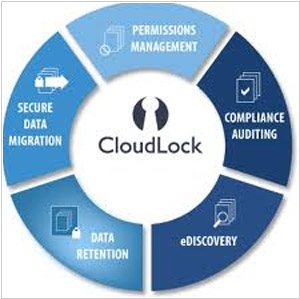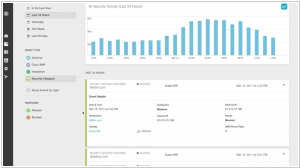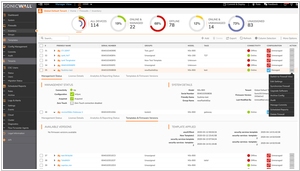Cisco Umbrella vs SonicWall
August 05, 2023 | Author: Michael Stromann
Cisco Umbrella and SonicWall are both prominent cybersecurity solutions, but they differ significantly in their approaches and capabilities. Cisco Umbrella is primarily a cloud-based security platform that focuses on DNS filtering and web security. It works by preventing users from accessing malicious websites and blocking connections to command-and-control servers used by cybercriminals. Cisco Umbrella operates at the DNS level, offering fast and efficient protection across devices and networks without the need for on-premises hardware. This cloud-centric approach allows for easy scalability and centralized management, making it an excellent choice for distributed organizations.
On the other hand, SonicWall is a comprehensive network security solution that combines firewall protection, intrusion prevention, secure remote access, and anti-malware capabilities. SonicWall operates at the network level, inspecting and filtering all traffic, whether it's coming from the internet or internal sources. The on-premises hardware appliances that SonicWall employs offer deep packet inspection and advanced threat detection features, enabling it to identify and block sophisticated threats that may bypass other security measures. SonicWall is suitable for organizations that require comprehensive, hardware-based protection and who want granular control over their network security policies.
Another key difference lies in their deployment models. As mentioned earlier, Cisco Umbrella is primarily a cloud-based service, which means it can be quickly deployed and is ideal for organizations with a distributed workforce or multiple office locations. SonicWall, on the other hand, relies on on-premises hardware appliances for its advanced security capabilities. This makes it suitable for organizations that prefer to have more control over their security infrastructure and have the resources to manage and maintain hardware across their network.
See also: Top 10 Cloud Security Software
On the other hand, SonicWall is a comprehensive network security solution that combines firewall protection, intrusion prevention, secure remote access, and anti-malware capabilities. SonicWall operates at the network level, inspecting and filtering all traffic, whether it's coming from the internet or internal sources. The on-premises hardware appliances that SonicWall employs offer deep packet inspection and advanced threat detection features, enabling it to identify and block sophisticated threats that may bypass other security measures. SonicWall is suitable for organizations that require comprehensive, hardware-based protection and who want granular control over their network security policies.
Another key difference lies in their deployment models. As mentioned earlier, Cisco Umbrella is primarily a cloud-based service, which means it can be quickly deployed and is ideal for organizations with a distributed workforce or multiple office locations. SonicWall, on the other hand, relies on on-premises hardware appliances for its advanced security capabilities. This makes it suitable for organizations that prefer to have more control over their security infrastructure and have the resources to manage and maintain hardware across their network.
See also: Top 10 Cloud Security Software
Cisco Umbrella vs SonicWall in our news:
2016. Cisco acquired cybersecurity-as-a-Service provider CloudLock

Cisco has revealed its intention to acquire CloudLock, a cloud-based security provider, for $293 million. CloudLock employs APIs to empower enterprises to apply and oversee security measures on shared and stored documents and other content within cloud-based applications. Its compatibility extends to popular applications like Office365, Google Drive, Salesforce, and numerous others. The primary focus of CloudLock lies in delivering robust security and enforcing policies to safeguard documents, regardless of the device used for accessing them. It also enables granular controls based on location, enhancing data protection capabilities.




